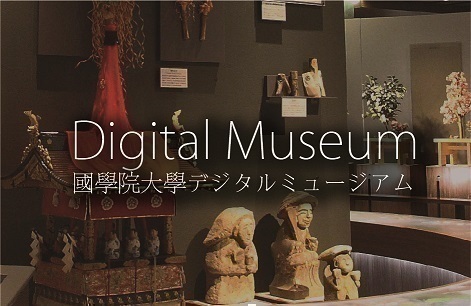- トップ
- Encyclopedia of Shinto
- Ebisu shinkō
Encyclopedia of Shinto
| Main Menu: | |
| Links: |
詳細表示 (Complete Article)
| カテゴリー1: | 6. Belief and Practice |
|---|---|
| カテゴリー2: | Folk Religion |
| Title | Ebisu shinkō |
| Text | This refers to the cult of Ebisu, a kami of fortune, believed to watch over livelihoods and to bring luck. Since medieval times, Ebisu has been one of the seven gods of good fortune (shichifukujin) and is, together with Daikoku, a major representative of all kami of fortune (fukujin). His image (shinzō) has come to be quite familiar: in his right hand he carries a fishing rod, and he has a sea bream tucked under his left arm. The etymology of the name is not clear, but it is thought to derive from emishi or ebisu , early words referring to non-Japanese peoples on the fringes of the Yamato world. The idea seems to have been that Ebisu resided in an alien realm, from there dispensing good fortune to the sphere of everyday life. The origins of the cult remain murky in many respects, but it is believed that it began in the fishing community. Beached whales, sharks, and dolphins, along with corpses in general, seem to have been called ebisu; the term was then extended to anything picked up along the sea, including stones and other objects washed ashore. In this can be seen belief in a god that came from the sea to bestow abundant harvests of fish. This fishing deity developed in medieval times as a more general god of commerce. There is documentation that in the first year of the Chōkan Era (1163), Ebisu was being invoked (kanjō) at Tōdaiji in Nara as a guardian deity of markets; the same is noted for the fifth year of the Kenchō Era (1253) at Tsurugaoka Hachimangū in Kamakura. As for the background of the Ebisu cult's shift from the sea to the land and its becoming associated with commerce, it is thought that an important role was played by wandering puppeteers, variously known as ebisu-kaki or ebisu-mawashi, based at Nishinomiya Shrine at Nishinomiya, Settsu, now a suburb of Osaka. In farming villages, Ebisu has the character of an agricultural deity, and this god who comes from the outside appears to have become linked with the nationwide belief in the transitory kami of field (ta no kami) and mountain (yama no kami). (see shichifukujin, fukujin shinkō) — Iwai Hiroshi |




